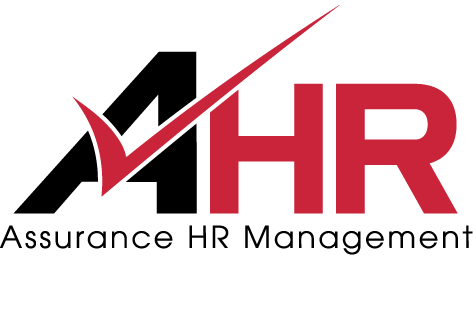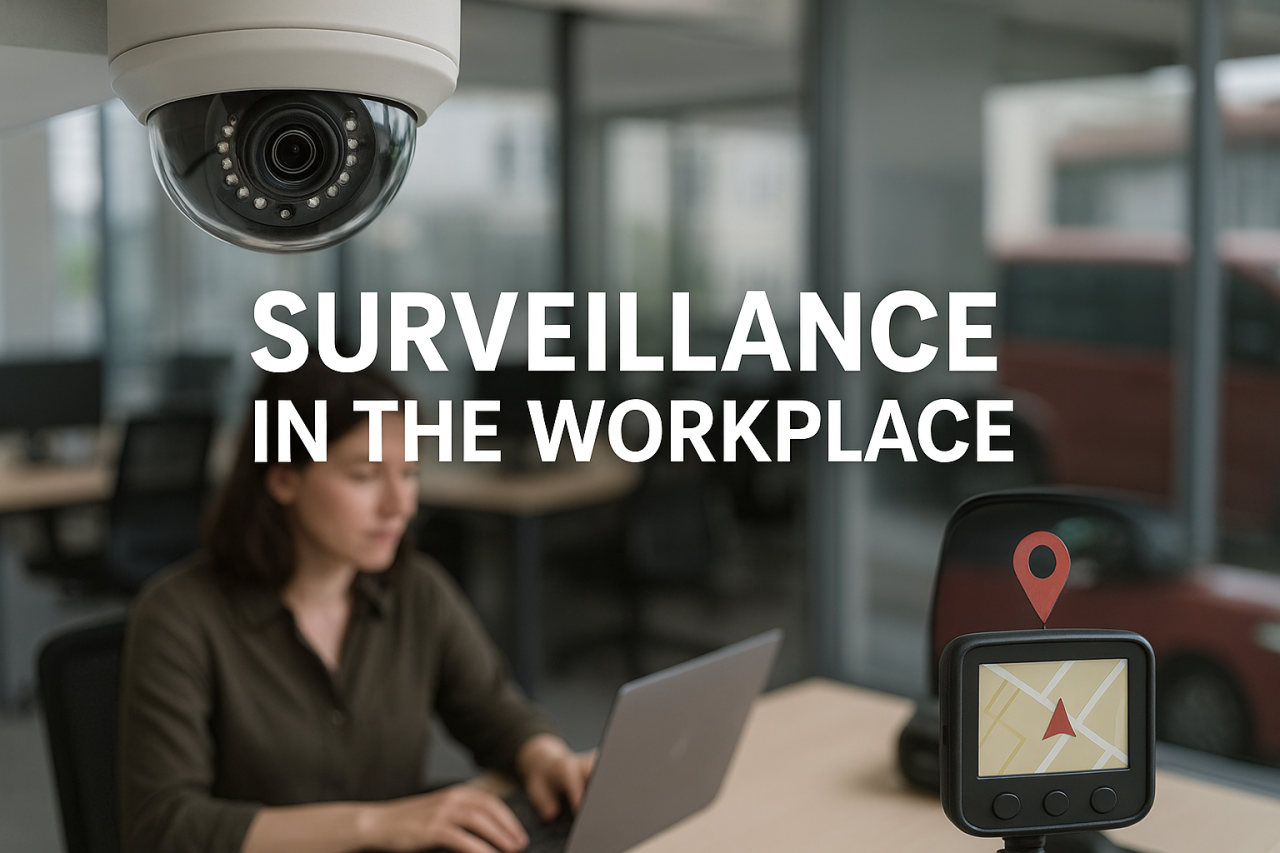As a small business owner, you’re likely familiar with the challenge of managing day-to-day operations while working toward long-term success. One of the most effective ways to ensure your business stays on track is by setting Key Performance Indicators (KPIs) and aligning them with SMART goals. These tools provide clarity, focus, and measurable progress, enabling you to identify what’s working and where improvements are needed.
In this blog, we’ll dive deeper into what KPIs and SMART goals are, why they matter, and how you can develop them to support your business’s success.
What Are KPIs?
Key Performance Indicators (KPIs) are specific, measurable metrics that reflect the performance of an individual, team, or the business as a whole. KPIs are not just numbers; they are strategic tools that track progress toward achieving your business objectives. They should be directly tied to the critical outcomes that matter most for your business.
For example, if one of your objectives is to improve customer retention, a possible KPI could be:
- Customer Retention Rate: The percentage of customers who return after their first purchase.
Or, if you aim to improve efficiency in operations:
- Operational KPI: Average time to complete a task or project.
KPIs can be applied across various areas of your business, such as:
- Sales: Monthly revenue, conversion rates, number of new customers.
- Customer Service: Net Promoter Score (NPS), average response time, number of resolved complaints.
- Employee Performance: Absenteeism rate, productivity levels, training completion rates.
- Operations: Cost per unit, time to delivery, inventory turnover.
Choosing the right KPIs depends on your business type, objectives, and the challenges you are facing.
The SMART Goal Methodology
While KPIs tell you what to measure, SMART goals define how to achieve them. Using the SMART framework ensures that your goals are clear, actionable, and effective in driving results. Here’s what SMART stands for:
- Specific: Clearly define what you want to achieve. Avoid general goals like “increase revenue.” Instead, specify: “Increase monthly revenue by 15% by the end of Q3.”
- Measurable: Attach metrics that allow you to track progress. For instance, measure growth in dollar amounts, percentages, or other quantifiable data points.
- Achievable: Set realistic targets that align with your resources and capabilities. While ambition is important, setting unattainable goals can lead to frustration.
- Relevant: Ensure your goals are directly tied to your broader business objectives. For example, a sales goal should align with your overall growth strategy.
- Time-Bound: Define a timeline or deadline to create urgency and maintain focus. Without a timeframe, goals often lose momentum.
Example of a SMART Goal
Objective: Improve customer retention.
SMART Goal: “Increase the percentage of repeat customers from 40% to 55% within the next 6 months by implementing a loyalty rewards program and improving post-sale follow-up communications.”
Steps to Develop KPIs for Your Small Business
- Identify Your Business Objectives
Start by defining the core objectives of your business. Ask yourself:
- What do I want my business to achieve in the next quarter or year?
- What are my biggest challenges right now?
- What areas of the business have the most impact on profitability, efficiency, or growth?
For example, if you want to improve customer satisfaction, your objective might be: “Provide faster, more effective customer support.”
- Break Objectives Into Measurable Metrics
Once you’ve identified your objectives, translate them into measurable metrics. These metrics become your KPIs. For example:
- Objective: Improve customer satisfaction.
- KPI: Average response time to customer inquiries.
Each KPI should have a clear metric that can be tracked over time. Ensure that you have systems in place to collect accurate data for these KPIs.
- Apply the SMART Framework
Ensure each KPI is aligned with a SMART goal. For instance:
- KPI: Customer retention rate.
- SMART Goal: “Increase customer retention rate from 70% to 80% within 12 months by enhancing follow-up services and offering exclusive promotions to repeat customers.”
This alignment ensures your KPIs aren’t just numbers but actionable steps toward achieving your goals.
- Involve Your Team
KPIs aren’t just for management—they’re most effective when embraced by your entire team. Share your objectives and KPIs with your staff, and explain how their roles contribute to achieving them. This fosters accountability and collaboration.
For example, if a KPI focuses on reducing delivery times, involve your operations team in brainstorming ways to streamline processes.
- Track, Evaluate, and Adjust Regularly
KPIs should be dynamic, not static. Regularly monitor progress and evaluate whether your KPIs are still aligned with your objectives. Ask yourself:
- Are we on track to meet our SMART goals?
- Do these KPIs still reflect our priorities?
- What can we improve to achieve better results?
Adjust your KPIs and goals as needed to reflect changes in your business environment or strategy.
Why KPIs and SMART Goals Matter for Small Businesses
For small businesses, resources are often limited, and every decision counts. KPIs and SMART goals provide a clear roadmap for success, ensuring that every action taken is aligned with your business’s objectives. They:
- Provide clarity and focus.
- Drive accountability across your team.
- Enable you to measure progress and adjust strategies as needed.
- Help you identify successes and challenges early.
By adopting KPIs and SMART goals, you’ll not only make better-informed decisions but also create a culture of continuous improvement in your business.
Let Assurance HR Help You Succeed
If developing KPIs and SMART goals feels overwhelming, Assurance HR is here to help. As “The Workplace Problem Solvers,” we can guide you through the process of setting meaningful goals and measuring what matters most. Whether you need strategic advice or hands-on support, our team of HR, IR, and WHS experts is ready to assist.
Contact us today to learn how we can help your business thrive.
Call 1800 577 515 Email info@assurancehr.com.au or click on Book a Consultation










